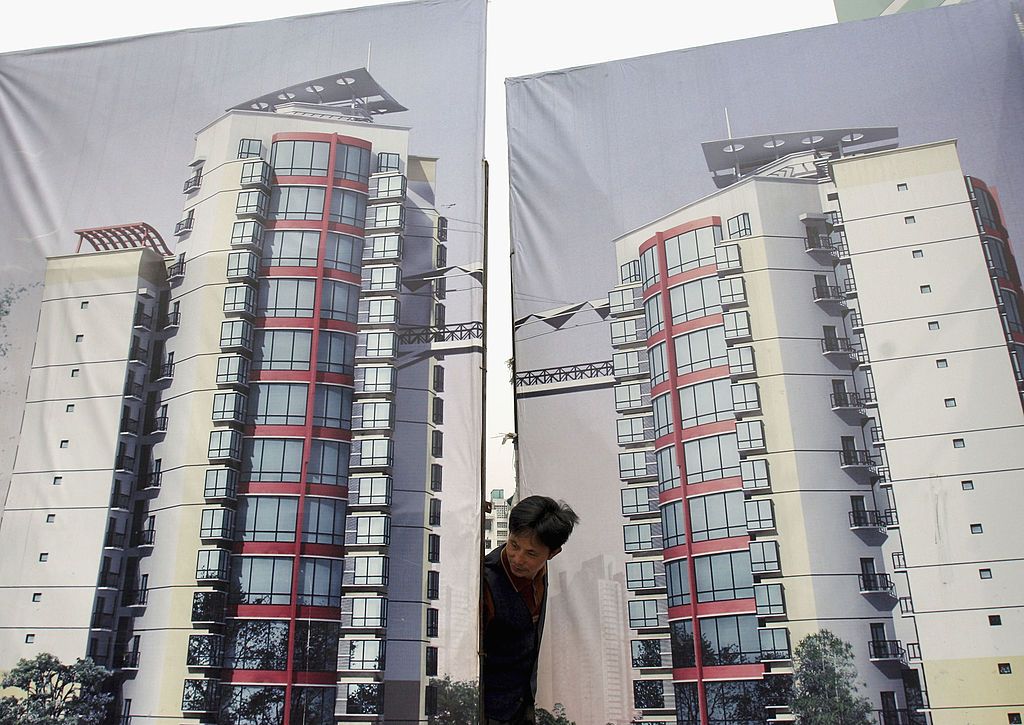FT Chinese Website Releases Tips on Real Estate Policy
In a recent article, FT Chinese Website provided tips on the potential consequences of loosening real estate policies and the impact it may have on housing prices in China. The article discussed five possible outcomes that may arise from the complete abolition of purchase restrictions and loan restrictions in first- and second-tier cities.
Firstly, the article argues that the liberalization of these restrictions is unlikely to accelerate the decline of housing prices. Instead, it may result in an increase in selling orders, leading to a decrease in market confidence. The second outcome predicted by the article is that the lifting of restrictions on demand may help stabilize housing prices or slow down their decline, but it may not be enough to reverse the trend completely.
The third potential outcome mentioned by the article is the possibility of price differentiation. It suggests that as smaller cities begin to sell local real estate and replace it with properties in larger cities, there may be a simultaneous rise in housing prices in the latter and a decline in the former. The fourth outcome discussed in the article is the potential for house prices to return to a rising trend, even experiencing rapid increases. Lastly, the article suggests that there is also a possibility that the market will not respond to policy changes, resulting in housing prices continuing to fall based on existing market trends.
However, the article dismisses the first and third outcomes as unlikely scenarios. It argues that the cancellation of purchase restrictions and loan restrictions is unlikely to lead to a significant acceleration in the decline of housing prices. Furthermore, it suggests that the complete abolition of these restrictions in larger cities would support housing prices in those areas but not necessarily lead to a simultaneous decline in prices in other cities.
The article concludes that the most likely outcome is that the removal of these restrictions will boost the overall price level of the housing market, but it is unlikely to result in a sharp increase in housing prices. It suggests that the basis for sustained increases in housing prices, which exceed the growth rate of residents’ income, may no longer exist. The article highlights the significant increase in China’s household debt-to-GDP ratio over the past three decades, and the relatively low ratio of disposable income to GDP in the Chinese household sector compared to other major economies. It suggests that the pressure of debt may prevent households from continuing to hold properties unless there is sustained high-speed economic growth and income increases.
The article concludes that cancelling purchase restrictions and loan restrictions may alleviate some debt anxiety for the household sector, but it may not be enough to wholly revive confidence in the housing market. It warns that the risk of a balance sheet recession may increase if households lose confidence in the value of their assets, which can have a negative impact on economic growth.
Disclaimer: This article represents the personal opinion of Zhang Lin, a researcher at a rating agency, and does not necessarily reflect the views of FT Chinese Website. The responsible editor’s email is [email protected].
